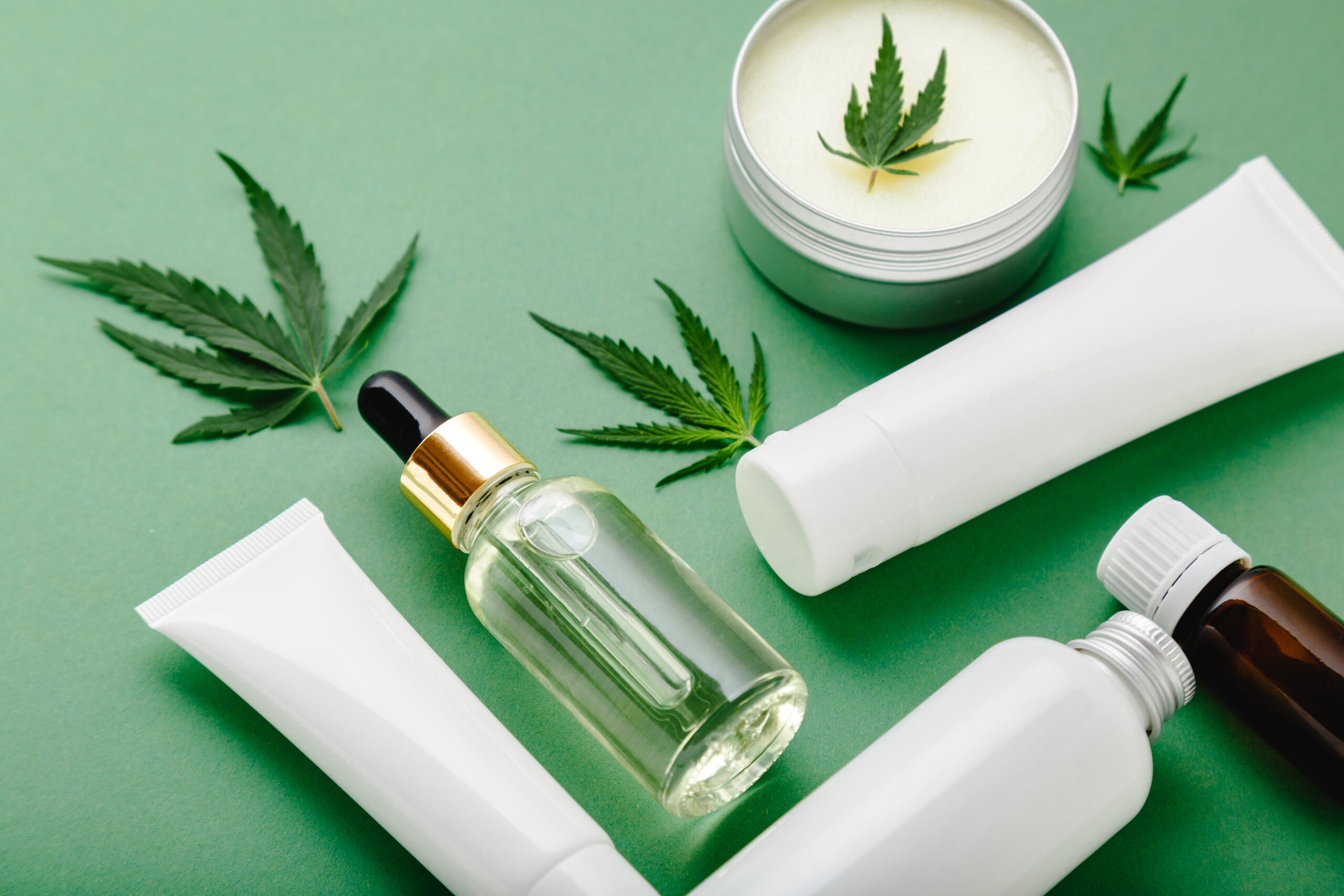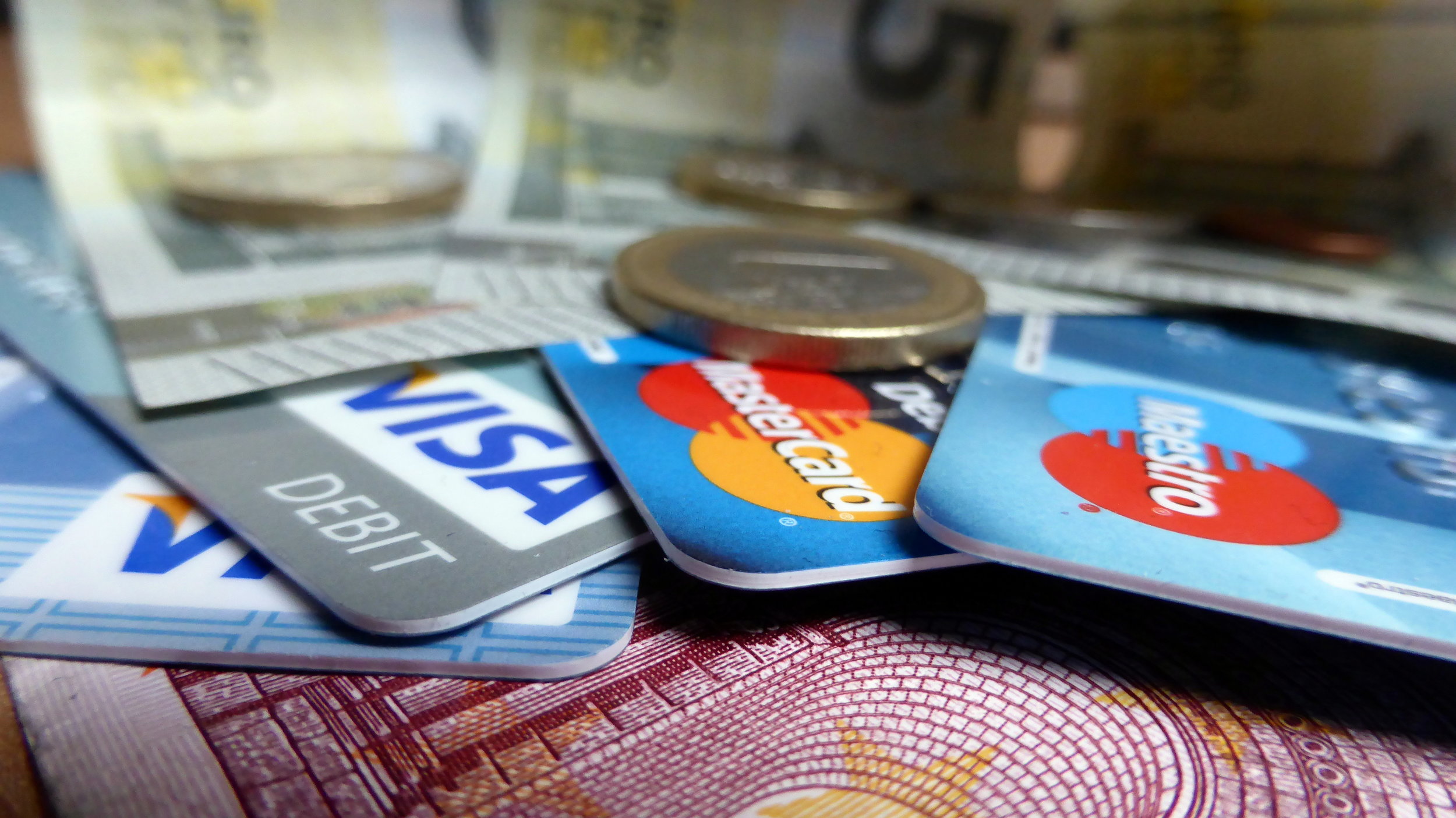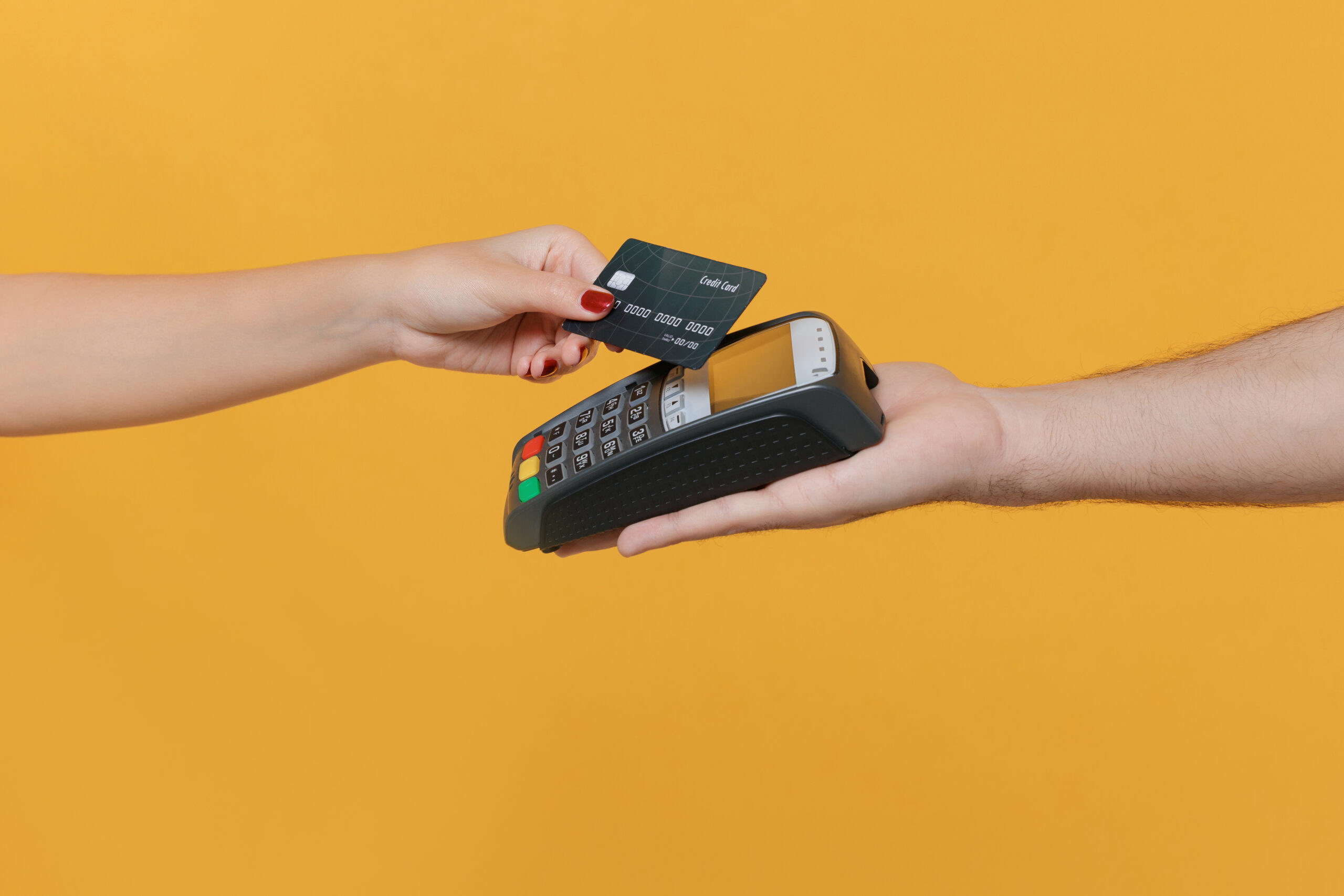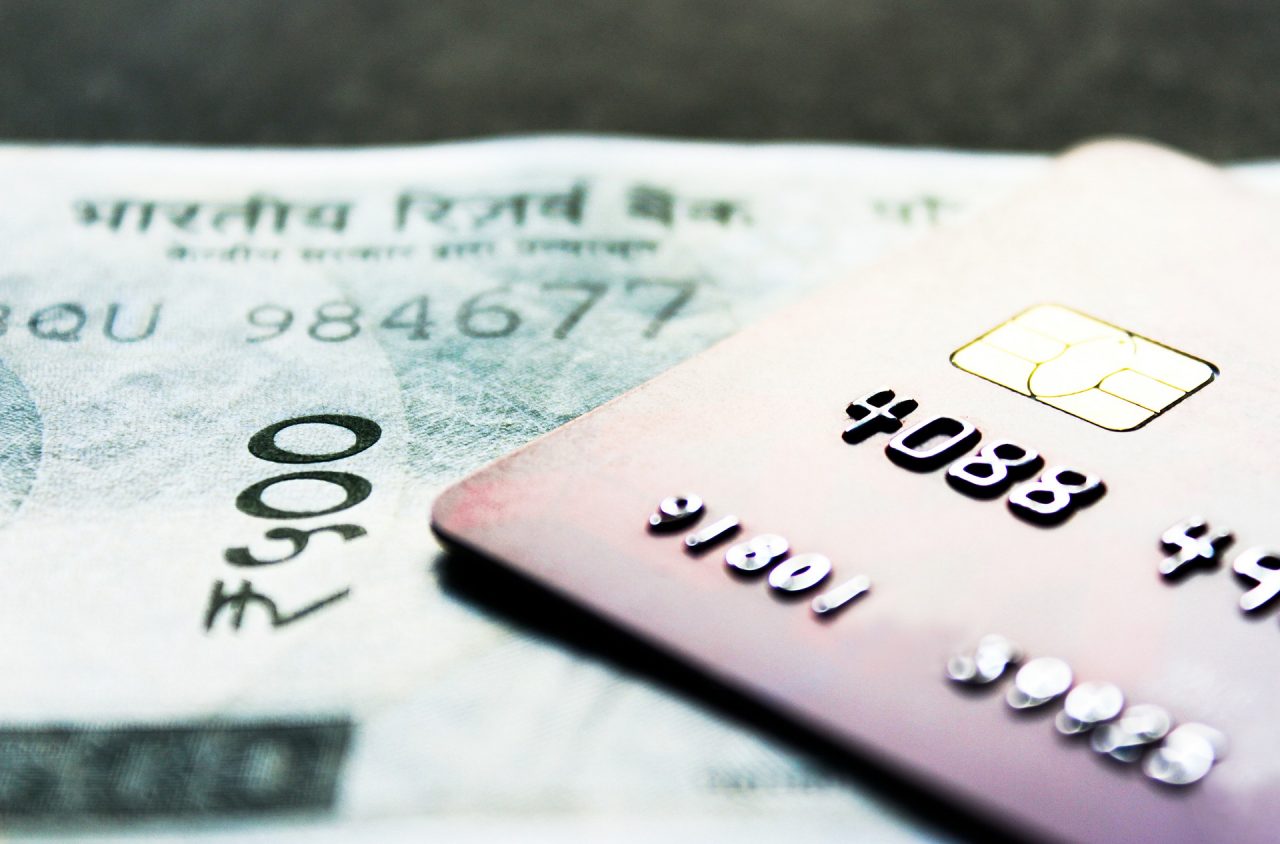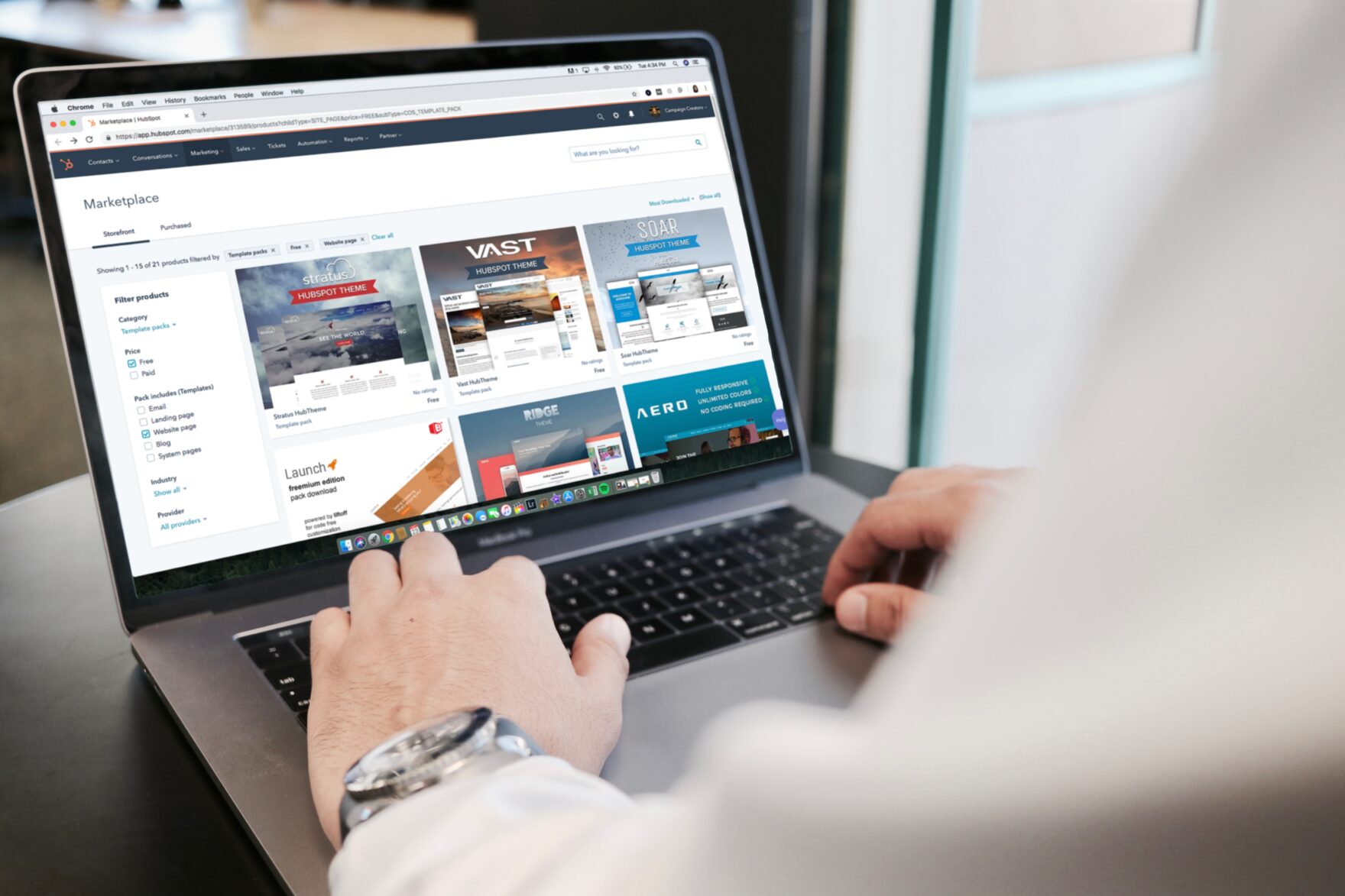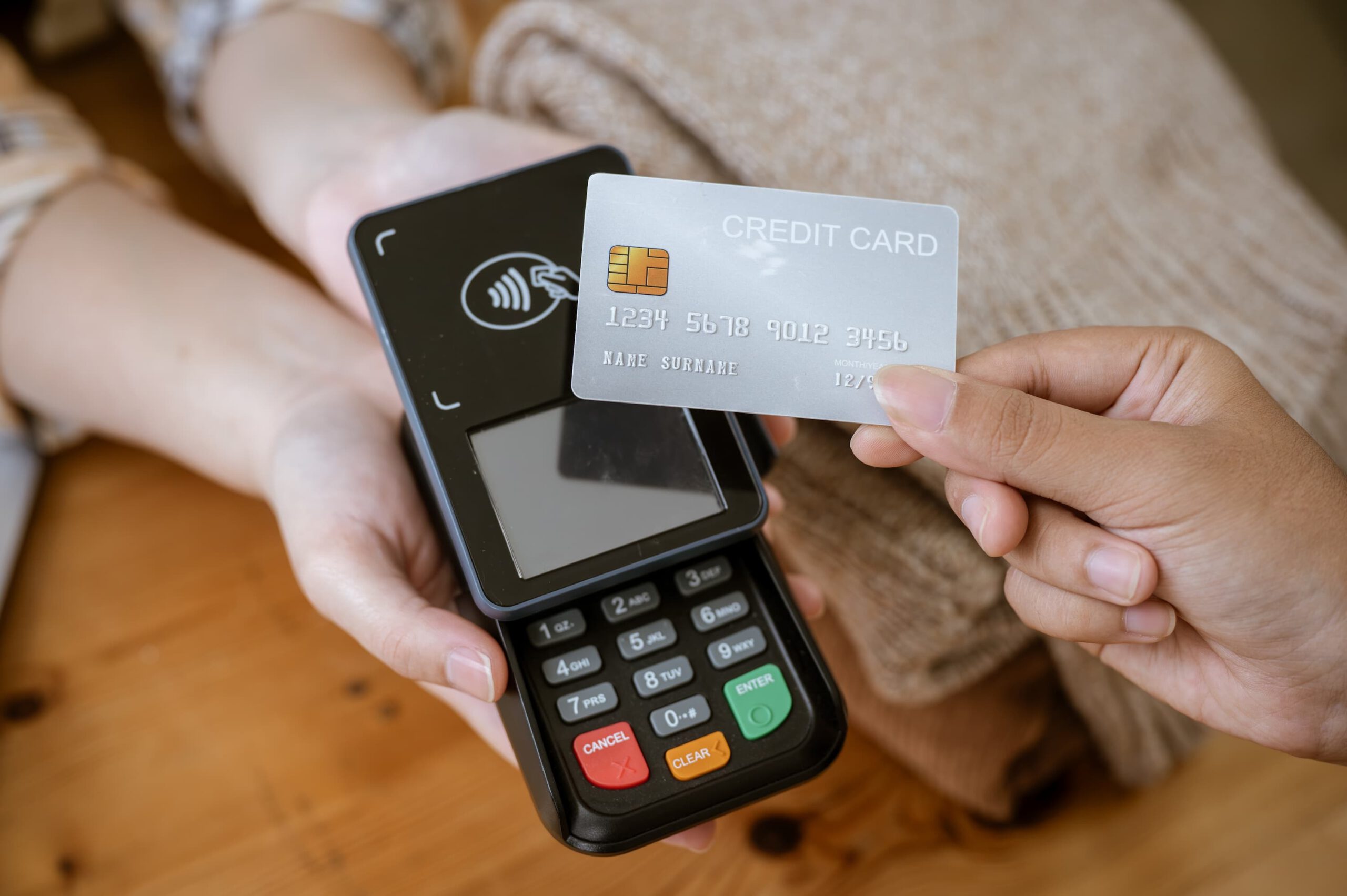If you’re planning to enter the booming CBD market, understanding how to get a license to sell CBD products is a critical first step. Navigating the legal landscape can feel overwhelming, but getting licensed is essential to operate legitimately and build trust with both customers and financial partners.
This guide breaks down everything you need to know–from federal and state regulations to the types of licenses required and the step-by-step process to becoming fully compliant. By the end, you’ll have a clear roadmap for launching your CBD business on a strong, legal foundation.
Please note: This article is for informational purposes only and should not be considered legal advice. Always consult your state’s licensing agency to get guidance specific to your business needs.
Understanding Federal Regulations on CBD Sales
Before exploring state-by-state licensing, it’s important to understand the federal rules that govern the CBD industry. While states set their own licensing requirements, federal law establishes the foundation for what products can be legally sold nationwide. Knowing these federal regulations will help you stay compliant and avoid costly penalties or disruptions to your CBD business.
The 2018 Farm Bill
The 2018 Farm Bill was the pivotal piece of legislation that opened the door for legal hemp-derived CBD sales in the U.S. This bill removed hemp from the federal Controlled Substances Act, officially distinguishing it from marijuana as long as it contains no more than 0.3% delta-9 THC by dry weight. This change meant farmers could legally grow industrial hemp, and businesses could produce and sell hemp-derived CBD products across state lines, provided they followed federal and state regulations. However, the Farm Bill did not legalize all CBD products outright–it left room for the FDA and state agencies to set additional rules on production, labeling, and marketing.
THC Concentration Limitations
One of the key requirements under the Farm Bill is the THC concentration threshold. To qualify as legal hemp under federal law, CBD products must contain no more than 0.3% delta-9 THC on a dry weight basis. Products that exceed this limit are classified as marijuana and remain federally illegal, even if legal under certain state laws. Businesses seeking to obtain a license to sell CBD products must ensure that every batch is lab-tested and documented to confirm it meets this threshold, as selling products with higher THC levels can result in license revocation, fines, or even criminal penalties.
CBD Licensing Requirements in Different States
While federal law provides a framework for CBD legality, licensing requirements are largely controlled at the state level—and they vary widely. There is no single national license for selling CBD, meaning you need to comply with the specific laws in the state where you plan to operate. Understanding these state-specific rules is essential for anyone trying to get a license to sell CBD products.
State Hemp Laws Overview
Each state has its own approach to regulating CBD sales. For example, California requires retailers to comply with the California Department of Public Health’s (CDPH) regulations on hemp-derived products, which include registration and strict labeling standards. Texas mandates that CBD retailers register with the Department of State Health Services (DSHS) and renew that registration annually. New York requires businesses selling cannabinoid hemp products to obtain a Cannabinoid Hemp Retail License from the New York State Department of Health. These examples show how licensing requirements can differ significantly, from simple registrations to more complex approval processes involving product testing and facility inspections.
Specific Licensing Types
Depending on the state, you may need one or more specific license types to sell CBD products legally. Some states offer a Cannabidiol Resale License for businesses that plan to distribute CBD products manufactured by others, while others require a Cannabinoid Hemp Retail License for direct-to-consumer sales. In states with vertically integrated systems, businesses may also need manufacturing or processing licenses if they plan to produce their own CBD products. Understanding which licenses apply to your business model will ensure you operate legally and prevent compliance issues down the line.
Licensing Authorities and Regulatory Bodies
Licensing oversight is handled by different agencies in each state, so knowing whom to contact is key. In California, the CDPH oversees hemp-derived CBD sales; in Texas, it’s the DSHS; and in New York, it’s the Department of Health. Other states may regulate CBD under their agriculture departments or state health agencies. When applying for a license, you’ll typically need to submit business registration documents, proof of product testing, and compliance plans to the appropriate regulatory body. Reaching out directly to your state’s licensing agency can help clarify application requirements and timelines, ensuring you complete the process correctly.
The CBD License Application Process
Once you understand federal and state requirements, the next step is learning how to actually apply for your license. The application process may vary depending on where you operate, but most states follow a similar structure. Preparing the right documentation and ensuring your business is properly registered will help streamline approval and avoid delays.
CBD License Application Requirements
Most licensing authorities require businesses to submit a thorough application package before they can legally sell CBD products. This typically includes owner background checks to verify good standing, a comprehensive business plan outlining your operations, and property documentation such as lease agreements or proof of ownership for your retail or production location. You may also need to provide product information, proof of insurance, and lab testing results showing your products meet the 0.3% THC threshold. Having these documents prepared in advance will help you move through the licensing process more quickly.
Business Structure Entities
Before you can apply for a license, you must first establish your business entity. Most states require you to register as an LLC, corporation, or other legal entity and obtain an Employer Identification Number (EIN) from the IRS. You’ll also need to register for sales tax with your state’s Department of Revenue. Setting up your business structure early creates a legal framework for your operations and gives regulators confidence in your stability. At this stage, many CBD businesses also establish a high-risk merchant account to accept card payments, since payment processors often require proof of business formation before offering services.
Licensing Cost and Renewal
Licensing costs for CBD businesses vary by state, but they generally range from a few hundred to several thousand dollars. For example, some states charge around $300 for a basic retail license, while others may require $2,000 or more for a combined manufacturing and retail permit. In addition to the initial license fee, you must pay renewal fees—usually annually or biannually—to keep your license active. These expenses often align with other ongoing costs like renewing your high-risk merchant account and maintaining payment processing services, which are essential to keeping your CBD business operational and compliant.
Ensuring Compliance and Quality
Securing a license is only the beginning—ongoing compliance and quality assurance are critical to sustaining your CBD business. Regulators expect continuous adherence to safety, labeling, and operational standards to protect consumers and uphold industry integrity.
Third-party Testing & Lab Testing
Independent lab testing is one of the most important compliance steps for CBD sellers. Regulators require proof that your products contain no more than 0.3% delta-9 THC and are free from contaminants such as heavy metals, pesticides, and residual solvents. Accredited third-party labs issue Certificates of Analysis (COAs) that you must keep on file and often display on product packaging or your website. Regular batch testing not only satisfies legal requirements but also reassures customers about your product’s safety and consistency.
Payment Processing and POS Systems
One of the biggest operational challenges CBD merchants face is payment acceptance. Because CBD is considered a high-risk industry, traditional banks and payment processors often decline these businesses. Setting up a high-risk merchant account is crucial to reliably accept credit and debit card payments without disruptions. Pairing this with a POS system that supports high-risk payment gateways ensures smooth transactions and minimizes payment holds or account terminations. Without these specialized payment solutions, even licensed CBD businesses can struggle to stay operational.
High Risk Pay offers dedicated CBD merchant account services designed specifically for businesses in this industry, helping you get approved quickly and maintain stable payment processing. If you’re ready to take the next step, learn more about High Risk Pay’s CBD merchant account solutions.
Business Operational Requirements
Beyond licensing and payment systems, you must meet several other operational requirements to remain compliant. This includes registering for and collecting sales tax, securing an approved retail or warehouse location, implementing age verification if required by state law, and maintaining business insurance. You’ll also need a reliable payment acceptance setup, including your high-risk merchant account and POS system, to process transactions securely. Meeting these ongoing operational obligations is essential to running a compliant, fully functional CBD business.
Conclusion
Getting licensed to sell CBD products requires a clear understanding of both federal guidelines and state-specific regulations. From complying with the 2018 Farm Bill and meeting the 0.3% THC threshold to navigating the unique licensing rules in each state, every step must be handled carefully to avoid delays or penalties. Learning how to get a license to sell CBD products means preparing a complete application package, forming a legal business entity, and budgeting for license fees and renewals—all while ensuring your operations meet ongoing compliance standards.
Equally important is building a strong business infrastructure to support long-term success. Partnering with a specialized payment processor like High Risk Pay gives CBD retailers access to high-risk merchant accounts designed to handle the unique challenges of the industry. With secure payment processing, reliable POS systems, and consistent compliance practices, your CBD business can stay licensed, competitive, and positioned for sustainable growth in this fast-evolving market. Contact High Risk Pay today to set up a reliable payment solution that supports your CBD business from day one.

